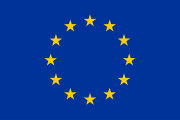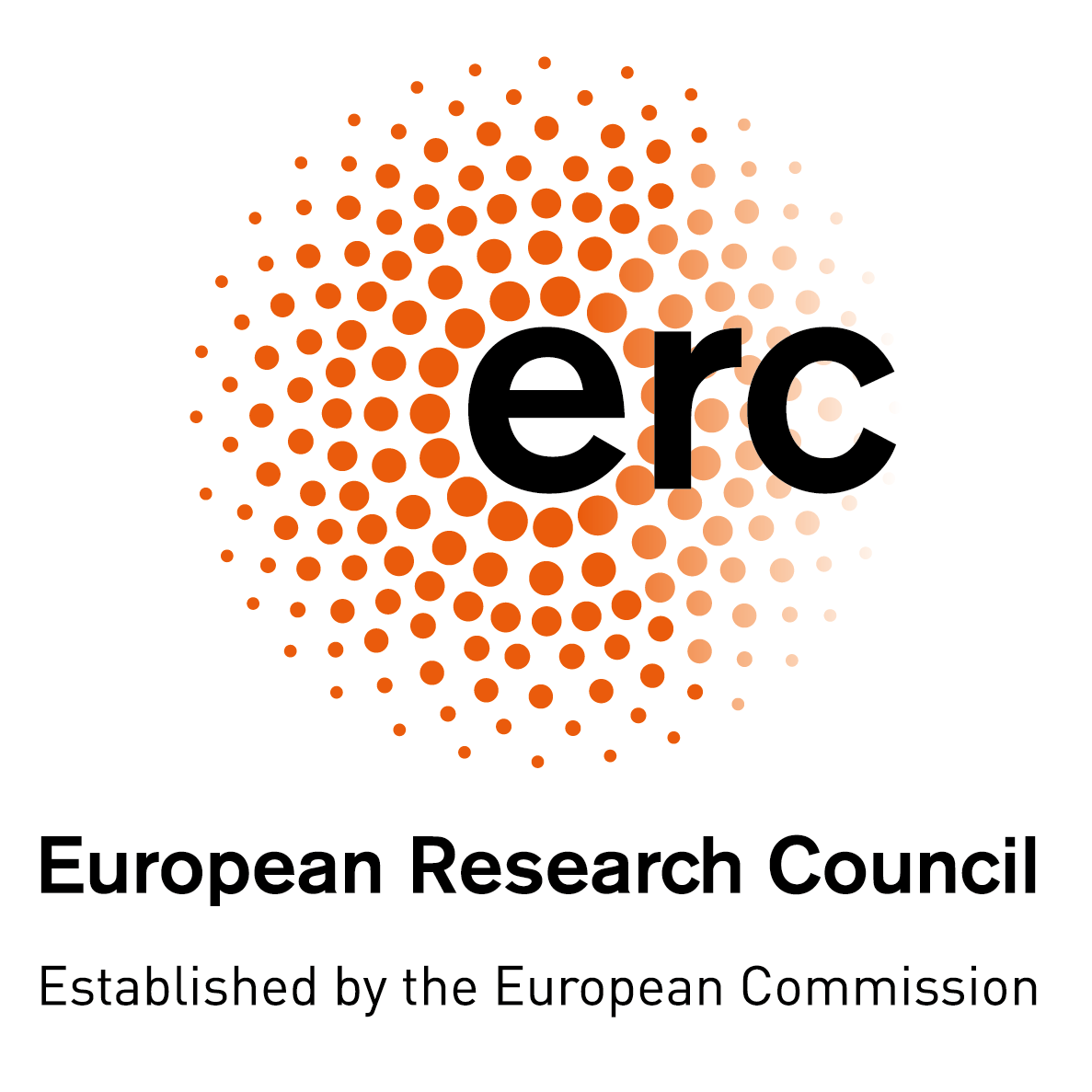May 12–13, 2022
Heidelberg University
Conveners: Prof. Dr. Matthias Koenig and Dr. Ivan Sablin
Registration: ivan.sablin@zegk.uni-heidelberg.de
This conference aims to explore the role of constitutions and parliaments for diversity management and political community-building in socialist single-party regimes in Europe and Asia since the 1970s. Even though in the Soviet Union, the People’s Republic of China, the Socialist Federal Republic of Yugoslavia, and other socialist states the various branches of power were taken over by extraconstitutional organizations – the ruling socialist or communist parties – nominal constitutions and parliaments remained in place in all single-party regimes. This meant that these institutions, novel to most Eurasian contexts, were seen as necessary for legitimizing the parties’ programs and policies, both domestically and internationally. While scholars have studied socialist constitutionalism and its impact on the evolution of socio-economic human rights, its significance for the management of diversity, related to nationality (ethnicity), language, religion, gender, urban/rural differences, occupation, and class, has remained understudied. The conference seeks to stimulate new cross-disciplinary collaboration between historians, sociologists, political scientists, and legal scholars working on the governance of social and cultural diversity in state socialist contexts.
In terms of region, the conference will abandon a Eurocentric outlook, providing the much-needed comparison between Eastern Europe and East Asia by scrutinizing the constitutional and parliamentary aspects of diversity management in the Soviet Union (especially its Asian parts), China, Yugoslavia, and other state socialist contexts. In terms of the period, the conference will start with the wave of the new socialist constitutions adopted in Yugoslavia (1974), the USSR (1976–1978), and China (1982) on national and subnational levels and trace continuities and discontinuities in socialist and post-socialist constitutionalism, parliamentarianism and the management of diversity after 1990. Furthermore, the conference will discuss transnational legal dynamics by studying how socialist states sought to influence legal norms both in their informal dependencies and satellites and in international institutions, such as the United Nations.
The conference will address socialist constitutionalism by focusing on the following questions: How was diversity in its multiple dimensions presented in written constitutions and how was diversity management reflected in state institutions, in particular in parliaments, federal arrangements, and forms of autonomy? Why did diversity management become an important feature in legal and political practices, for instance, in parliamentary bodies, courts, and within the ruling parties? How important were the constitutional aspects of diversity management in bilateral relations between socialist states, as well as in international legal fora such as the United Nations’ human rights regime? Why did legislation on diversity management outlive state socialism in some contexts, but not in others? How does the socialist legacy of managing diversity relate to the recent resurgence of exclusionary nationalism?
Conference Program
Day 1 (Thu, May 12, 2022)
09:30–10:00 Welcome Coffee
10:00–10:30 Introduction
10:30–12:30 Panel 1: Intellectual and Political Origins of Diversity Management in State Socialist Law
Chair: Matthias Schumann (Heidelberg University)
- Dr. Egas Moniz Bandeira (University of Erlangen–Nürnberg / Max Planck Institute for European Legal History, Frankfurt am Main), Creating Unity or Representing Diversity? Language Regulations and Language Use in Chinese Parliamentary Institutions, 1909–1949
- Dr. Alexander Semyonov (University of Bielefeld), Diversity Management in the Russian Empire and the State Duma
- Dr. Sanja Petkovska (University of Belgrade), Ambiguous Federalism and Democratic Diversity Management in Yugoslav Constitutions of 1921 and 1974
12:30–13:30 Lunch
13:30–15:00 Panel 2: Socialist Practices of Diversity Management
Chair: Prof. Dr. Matthias Koenig (Heidelberg University)
- Dr. Anna Whittington (Harvard University), Soviet People, Soviet Peoples: Managing Diversity in the Soviet Union after Stalin
- Dr. Ivan Sablin (Heidelberg University), Non-Russian Women Deputies in the Late Soviet Parliaments
15:00–15:30 Coffee Break
15:30–17:30 Panel 3: The Making of the 1970s–1980s Socialist Constitutions
Chair: Dr. Ivan Sablin
- Dr. Aleksandr Fokin (Tyumen State University), Inequality and Diversity under Socialism: An Analysis of the Materials of the Popular Debate on the 1977 USSR Constitution
- Tjaša Konovšek (Institute of Contemporary History, Ljubljana), Debating the Constitution: The Crisis of the Late Yugoslav Socialism, 1974–1989
- Dr. Adéla Gjuričová (Institute of Contemporary History of the Czech Academy of Sciences), Too Late a Reform: The Communist Party Preparing a New Constitution for Czechoslovakia, 1987–1989
19:00–20:30 Dinner
Day 2 (Fri, May 13, 2022)
09:30–10:00 Welcome Coffee
10:00–12:00 Panel 4: Law and Concepts in Diversity Management in the (Post-)Socialist Transition
Chair: Dr. Ivan Sablin (Heidelberg University)
- Dr. Alexander Osipov (International Centre for Ethnic and Linguistic Diversity, Flensburg), Diversity Issues in Soviet Law during and after Perestroika – What Kinds of Ruptures?
- Dr. Jure Gašparič (Institute of Contemporary History, Ljubljana), Solving the National Question in and after Yugoslavia: From Brotherhood and Unity Concept to the One-Nation States
- Dr. Yinong Zhang (Shanghai University), Ethnic Conundrum and the Limit of Chinese Nationalism: De/Translation and De/Politicization of Minzu in Contemporary China
12:00–13:00 Lunch
13:00–14:30 Keynote – International Dimension of Diversity Management
Chair: Prof. Dr. Matthias Koenig (Heidelberg University)
- Prof. Dr. Lauri Mälksoo (University of Tartu), The Role of Human Rights in the Disintegration of the Soviet Union
14:30–15:00 Coffee Break
15:00–16:30 Panel 5: Law and Diversity Management in Contemporary (Post-)Socialist Context
Chair: Dr. Felicitas Fischer von Weikersthal (Heidelberg University)
- Prof. Dr. Geneviève Zubrzycki (University of Michigan), Symbolic Politics, Law, and Diversity Management in Poland
- Dr. Anno Dederichs (University of Tübingen), Chinese Approaches to Heterogeneity: Understanding Diversity and Plurality in the Political and Academic Discourse of the PRC
16:30–18:00 Final Discussion
18:00–19:30 Dinner



